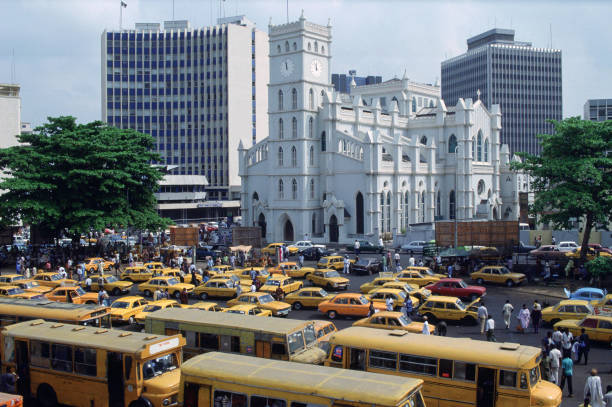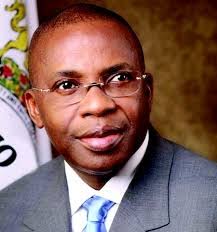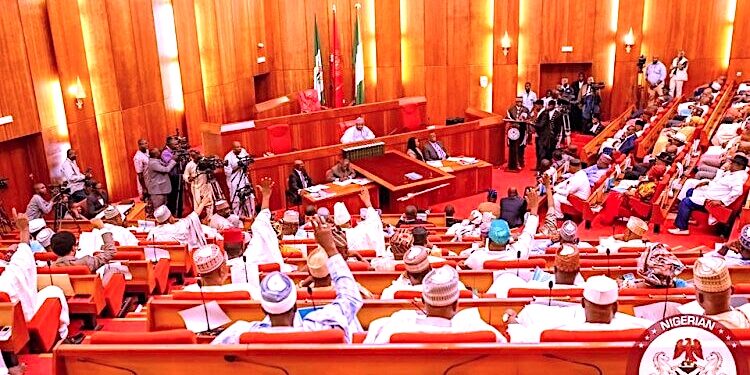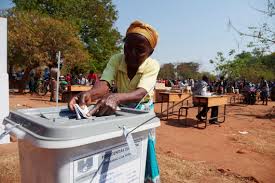In conversations about Nigeria—especially outside the country—Lagos is often the face that represents us. People imagine the bustling streets of Victoria Island, the traffic of Third Mainland Bridge, and the fast-paced lifestyle of a city that never truly sleeps. But while Lagos is loud, energetic, and full of opportunity, it is not the whole of Nigeria. In fact, this over-representation of Lagos is becoming a dangerous single story that flattens the complexity of our nation.
It is easy to understand why Lagos dominates the narrative. It is Nigeria’s commercial capital, home to tech start-ups, film stars, and corporate headquarters. It is where many dreams are chased, and some are even realised. But Lagos is just one of 36 states. Beyond its borders are millions of Nigerians whose lives are entirely different—rural farmers in Taraba, fishermen in Bayelsa, teachers in Enugu, traders in Kano. Their stories matter too.
When we tell only the Lagos story, we risk ignoring the deep inequalities in other parts of the country. Electricity might blink more in Lagos than in many towns, but in some villages, light has never come on at all. Lagos has internet, nightlife, and job seekers in co-working spaces. But there are children in Zamfara who still study under trees. By seeing only Lagos, we blind ourselves to the struggles—and also the beauty—that exist elsewhere.
There is also a cultural cost. The music, fashion, and slang of Lagos are celebrated, exported, and sometimes mistaken for “Nigerian culture.” But Nigeria is richly diverse. The Idoma dance, Nupe brass-work, Fulani poetry, and Tiv storytelling each tell a piece of our national identity. Ignoring them leaves our understanding incomplete.
Internationally, this single story can mislead. Investors, diplomats, and even journalists often base their opinions on what they observe in Lagos. They miss the wider picture. A health programme that works in Ikeja may fail in Borno. A policy praised in Lekki may have no relevance in Ogbomosho. Lagos is not a perfect testing ground for national success.
To build a better Nigeria, we must break free from this narrow lens. Media houses should broaden their coverage. Filmmakers must explore new locations and characters. Schools should teach about all regions equally. And government must invest in infrastructure, education, and development across every part of the country—not just the economic giants.
The truth is simple: Lagos is part of Nigeria, but it is not Nigeria. Until we start telling the whole story, we are not telling the truth.





